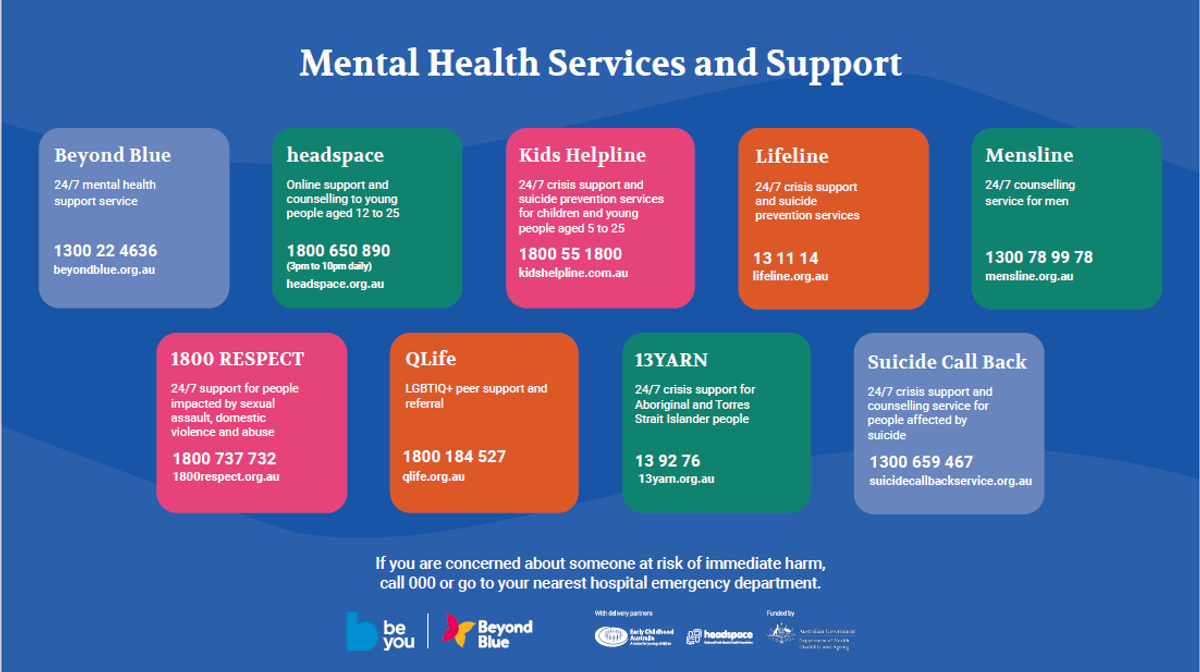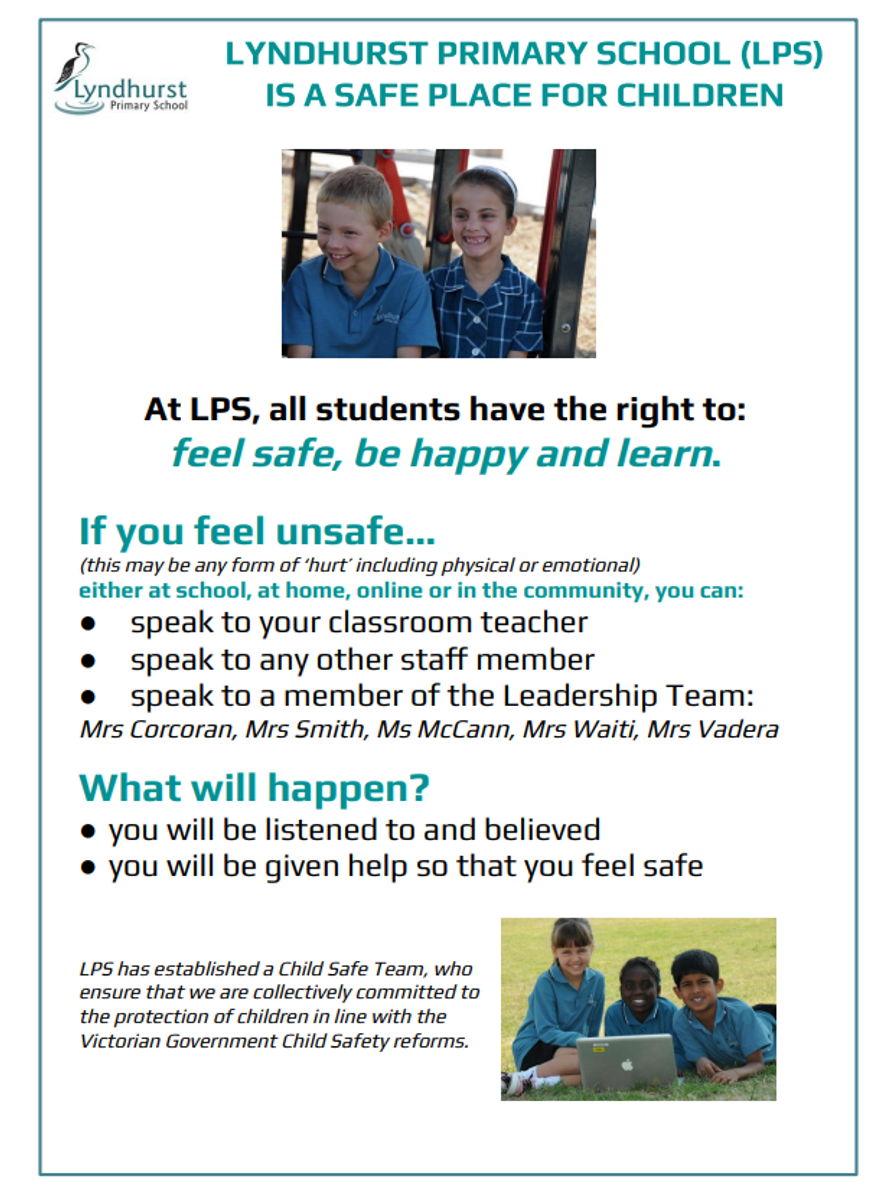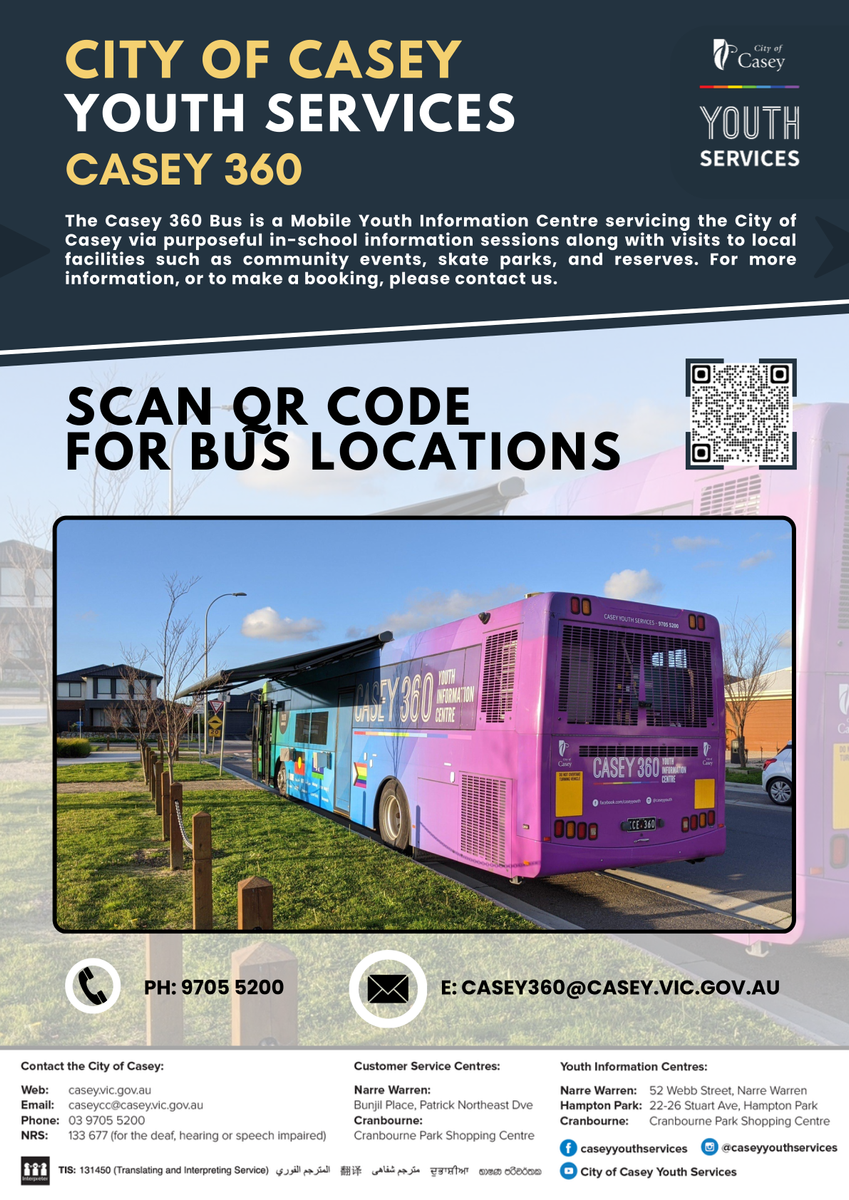Wellbeing Report

R U OK? Day – A Conversation Can Change a Life
On Thursday 11th September, LPS recognised R U OK? Day – a national day of action that reminds us all to reach out and check in with the people around us. The simple but powerful question, “Are you OK?”, can open the door to meaningful conversations that support mental health and wellbeing.
At school, we encouraged our students to practise kindness, empathy and active listening – important skills that help them notice when someone may be struggling and give them the confidence to ask, “Are you OK?”
How you can support your child at home:
- Talk about R U OK? Day together. Let your child know it’s okay to ask a friend or family member, “Are you OK?”, and that sometimes people may answer “No” – and that’s okay too.
- Model the conversation. Practise asking and responding at home. Show your child that listening without judgement is one of the most supportive things we can do.
- Encourage empathy. Remind your child that they don’t need to have all the answers; just showing care and concern makes a difference.
If you or your child are not OKIt’s important for children to know that if they are not feeling OK, they should talk to a trusted adult – whether that’s a parent, teacher, or another family member. For parents, if you or your child need extra support, services such as Lifeline (13 11 14), Kids Helpline (1800 55 1800), or your GP can provide help. (See other supports below)
R U OK? Day is a reminder that every day is a good day to check in with each other. A simple question and a listening ear can go a long way in helping someone feel supported.
‘Staying Safe’ Presentation – National Child Protection Week
On Tuesday 2nd September, as part of National Child Protection Week, five of our student leaders proudly presented the “Staying Safe” message to all year levels across the school. This was a wonderful opportunity for our leaders to step into a teaching role and share such an important message with their peers.
At our school, being a Child Safe community is at the heart of everything we do. Every student has the right to feel safe, respected, and supported, whether they are at school, at home, online, or in the wider community.
The student leaders highlighted some key points in their presentations:
- What it means to feel safe and unsafe – Safe means feeling calm, respected, and cared for, while unsafe can mean feeling worried, scared, pressured, or hurt.
- Warning signs our bodies give us – such as a racing heart, wobbly knees, or a sick feeling in the stomach when something doesn’t feel right.
- What to do if you feel unsafe – Remembering the 3 steps: Say No, Go, and Tell a safe adult.
- Safe adults who can help – including parents, carers, teachers, school staff, and trusted adults in the community.
- Being safe online – never sharing personal information, only talking to people you know, and always telling a safe adult if something online makes you feel uncomfortable.
We are incredibly proud of our student leaders for the confidence, care, and responsibility they showed in leading this important learning. Their presentations reminded all of us that every child has the right to feel safe and that there are always people who can help if you don’t feel safe.
Together, as a Child Safe school, we are committed to building a community where all students feel valued, protected, and supported to thrive.
SUPER
STRENGTHS
At Lyndhurst Primary School, we are committed to supporting our students in developing positive character strengths that help them thrive both at school and in life. This fortnight, we are focusing on the Super Strength of CURIOSITY.
Curiosity is the desire to learn, discover, and explore new things. When children are curious, they ask questions, seek out answers, and are excited to find out more about the world around them. Curiosity is a wonderful strength because it builds problem-solving skills, creativity, and a love of learning.
At school, we encourage curiosity by giving students opportunities to wonder, ask “why?”, and explore ideas in different ways. But curiosity grows even more when it is nurtured at home.
Here are some ways you can help strengthen your child’s curiosity:
- Encourage questions – Welcome your child’s “why” and “how” questions, even if you don’t know the answer. Look for the answer together.
- Model curiosity – Share your own interests and wonders. Show excitement when learning something new yourself.
- Explore together – Visit new places, read a variety of books, or try new activities as a family.
- Celebrate effort and discovery – Praise your child for asking questions and for their persistence in finding out more, not just for “getting it right.”
- Embrace mistakes – Remind your child that not knowing yet is part of learning. Mistakes can spark new questions and pathways.
When we nurture curiosity, we give children the gift of lifelong learning and open-mindedness. Together, let’s encourage our students to keep wondering, exploring, and discovering the world around them!





